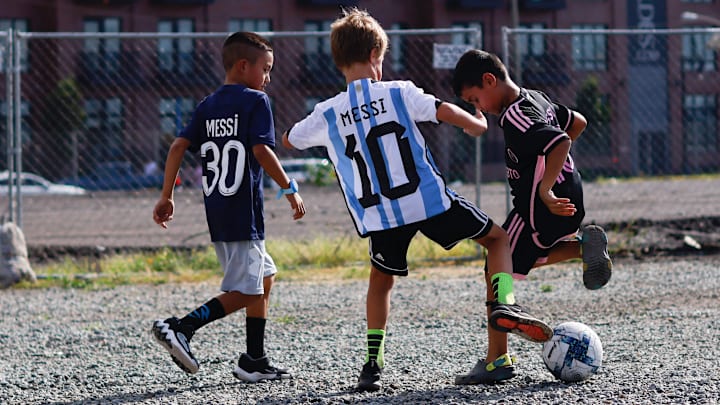The Power of Pretend: Why Imagination Is a Child’s Superpower

Have you ever eavesdropped on a child mid-play? One minute they're a dragon-slaying knight, the next, a cupcake-baking astronaut. While it might sound like silly fun, what’s happening behind the scenes is brain-building magic.
Pretend play isn’t just adorable—it’s critical to child development. It nurtures creativity, emotional intelligence, and problem-solving in a way that structured learning often can’t. When kids engage in imaginative play, they rehearse real-life scenarios, learn empathy, and even work through fears. A game of “doctor” could be their way of processing a recent check-up, while “playing school” might mimic a classroom dynamic they’re figuring out.
The beauty is, there’s no need for fancy tools or guided instructions. Just a safe space, a few open-ended toys, and the freedom to dream.
Parents often ask how to encourage this kind of play. The answer? Step back. Let kids lead. And join them, occasionally, on their quests through blanket forts and cardboard rocket ships. It might just remind you of your own superpowers too.